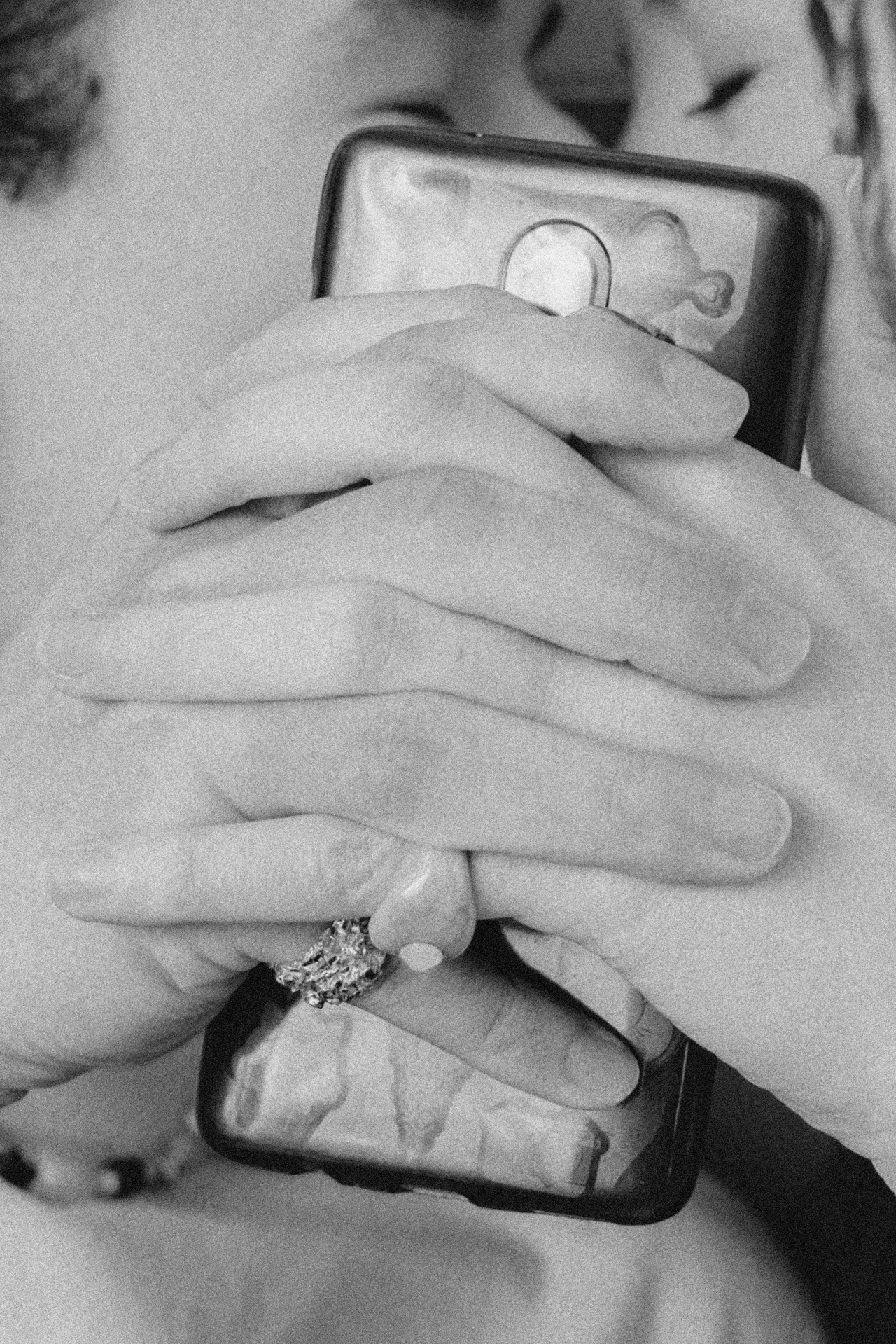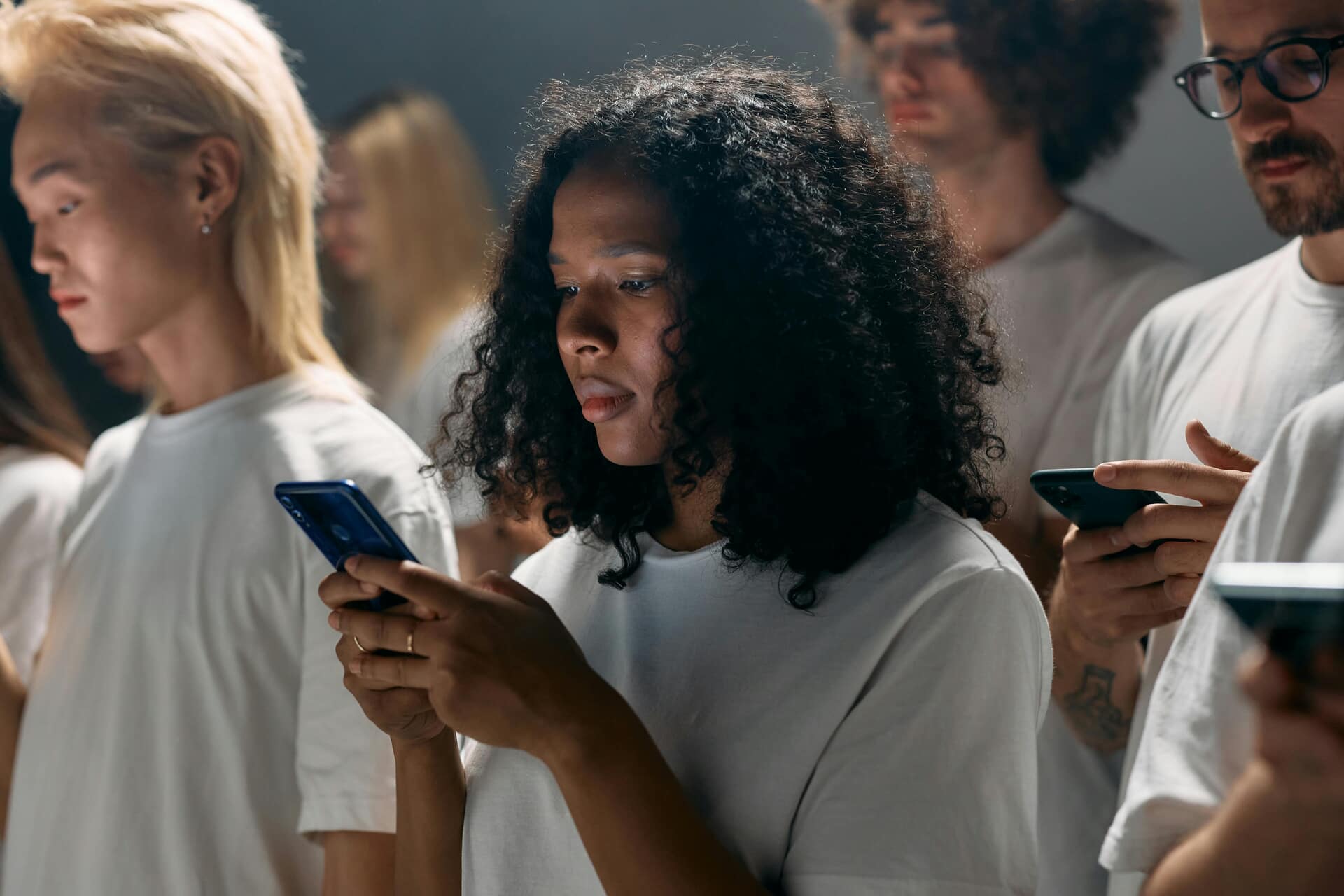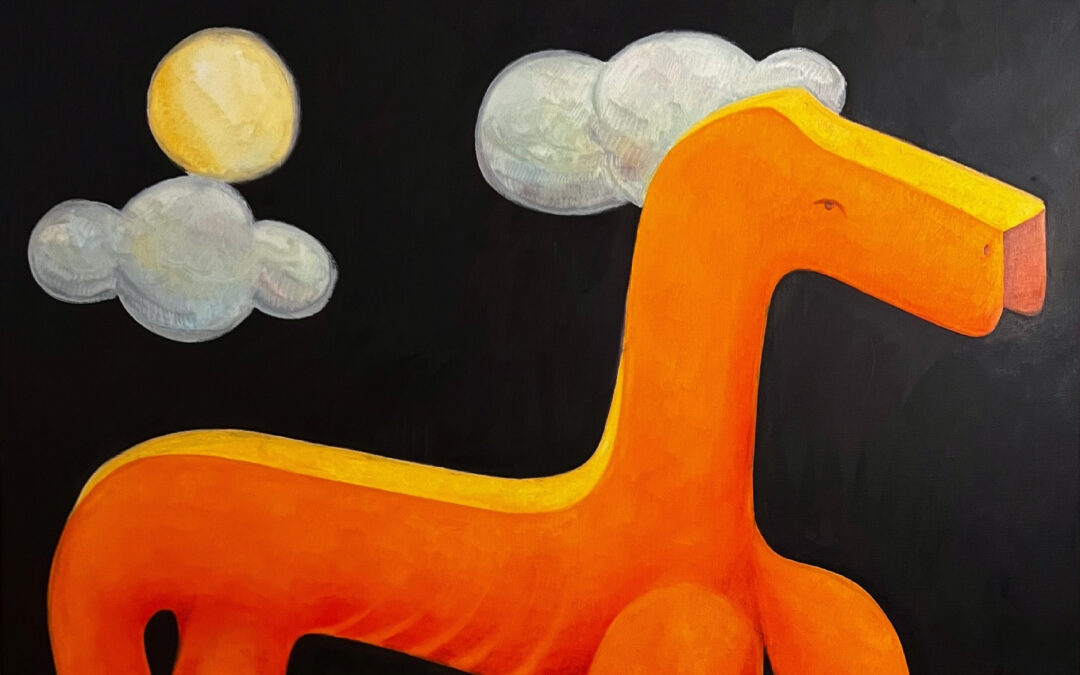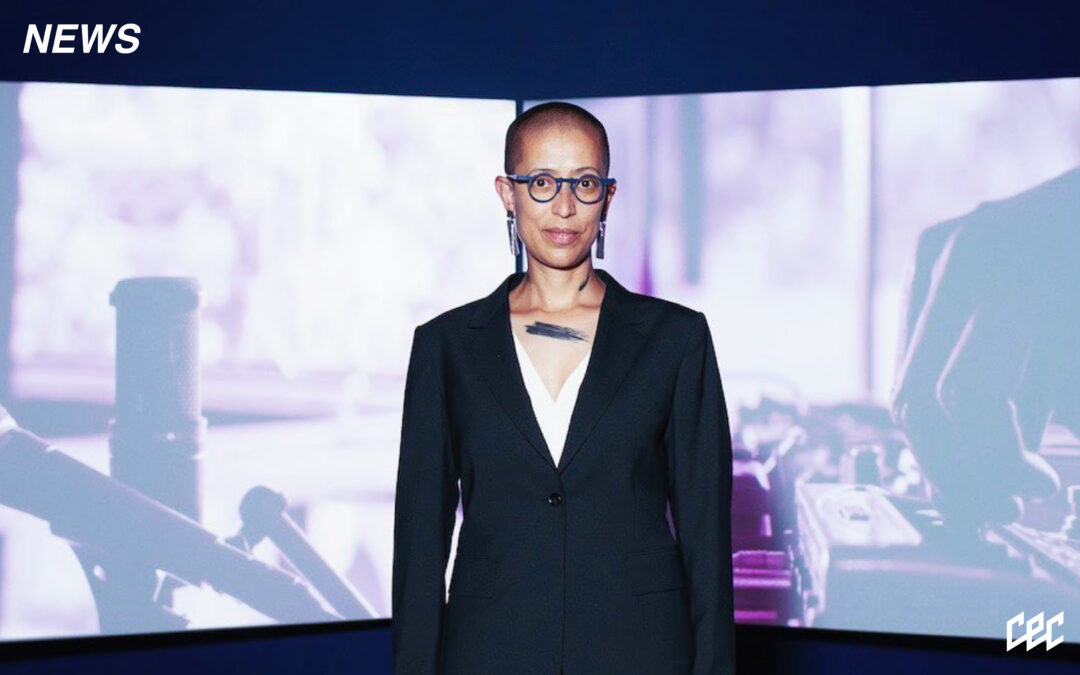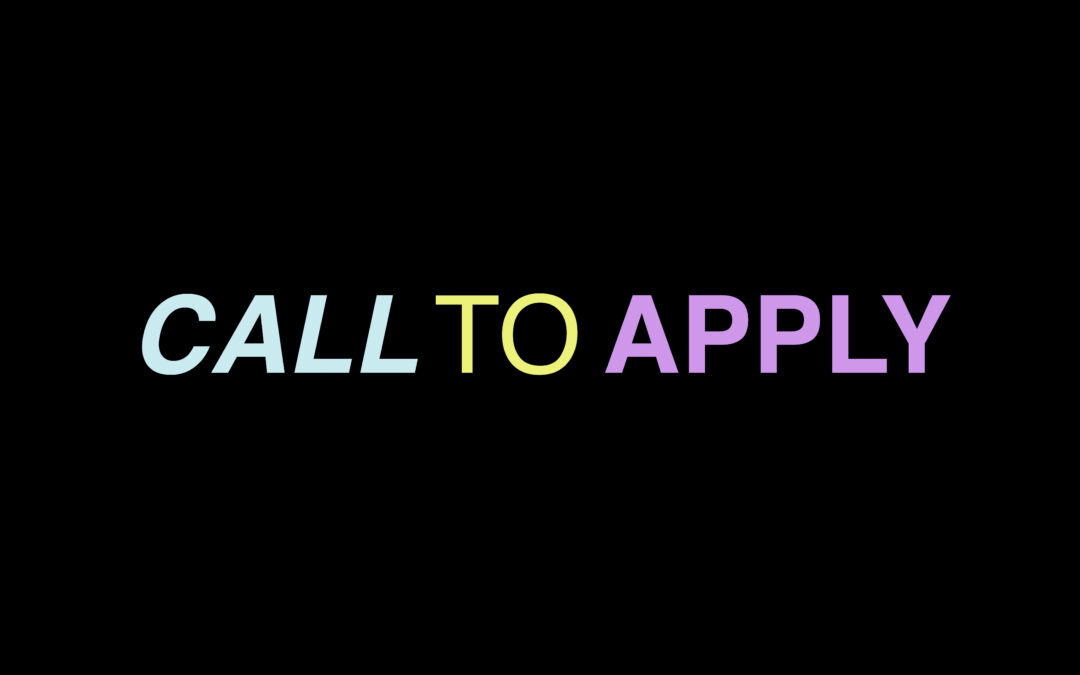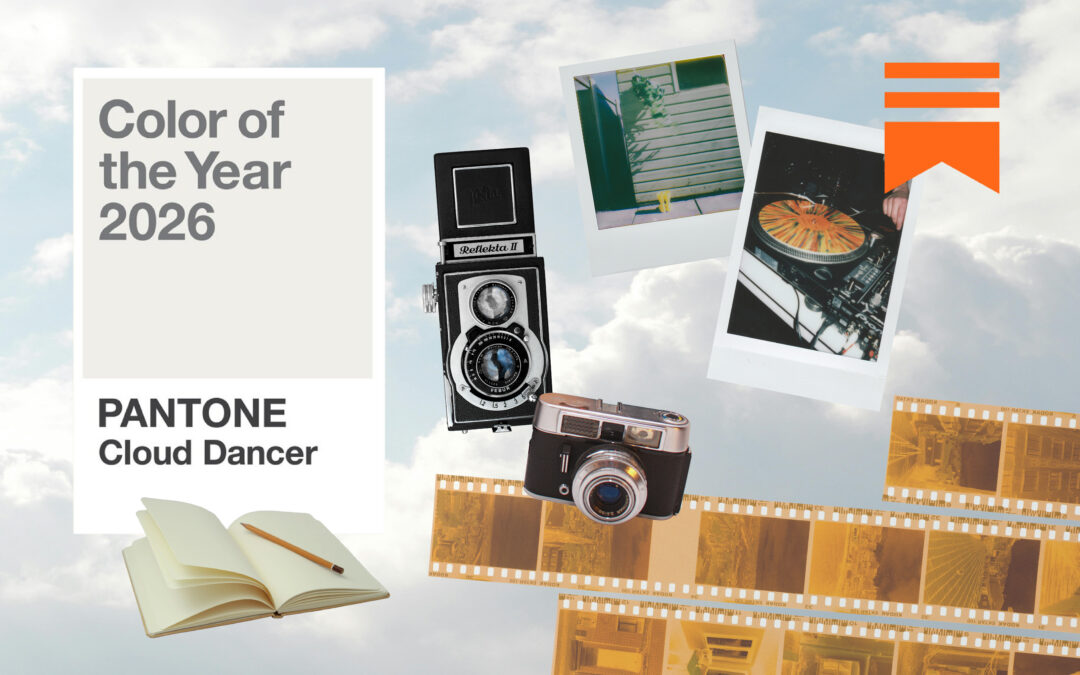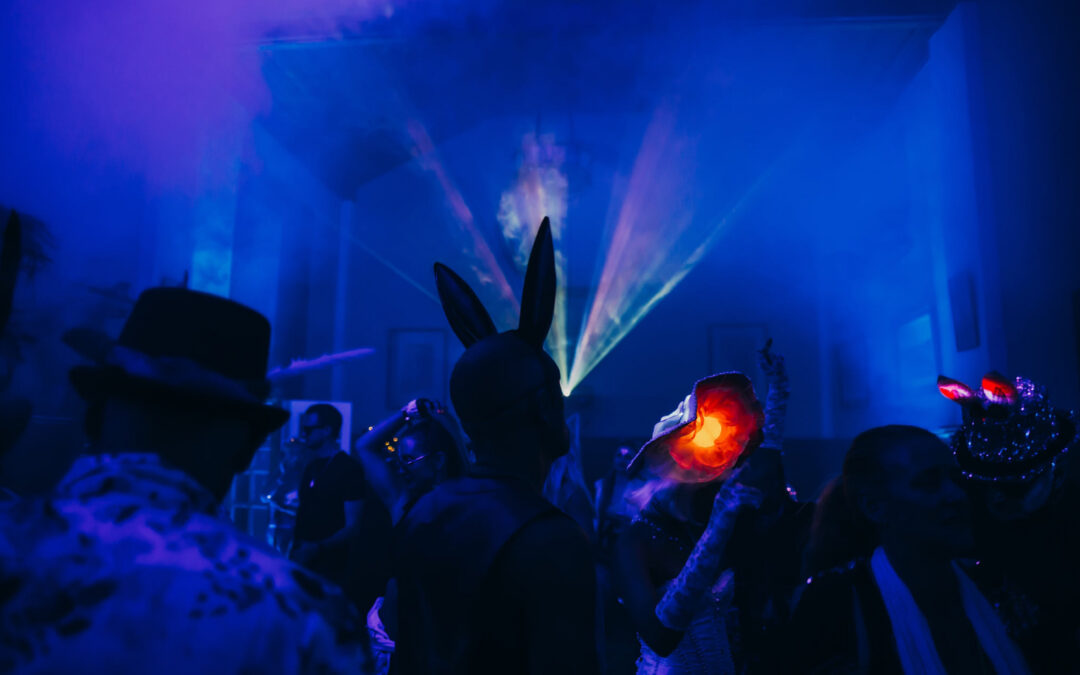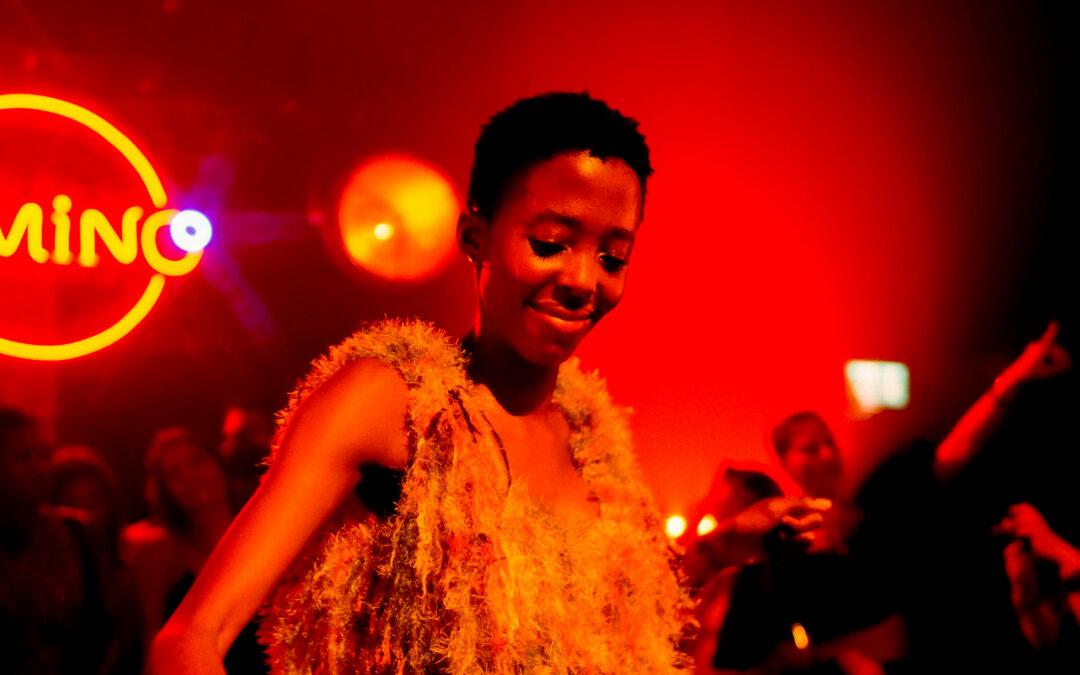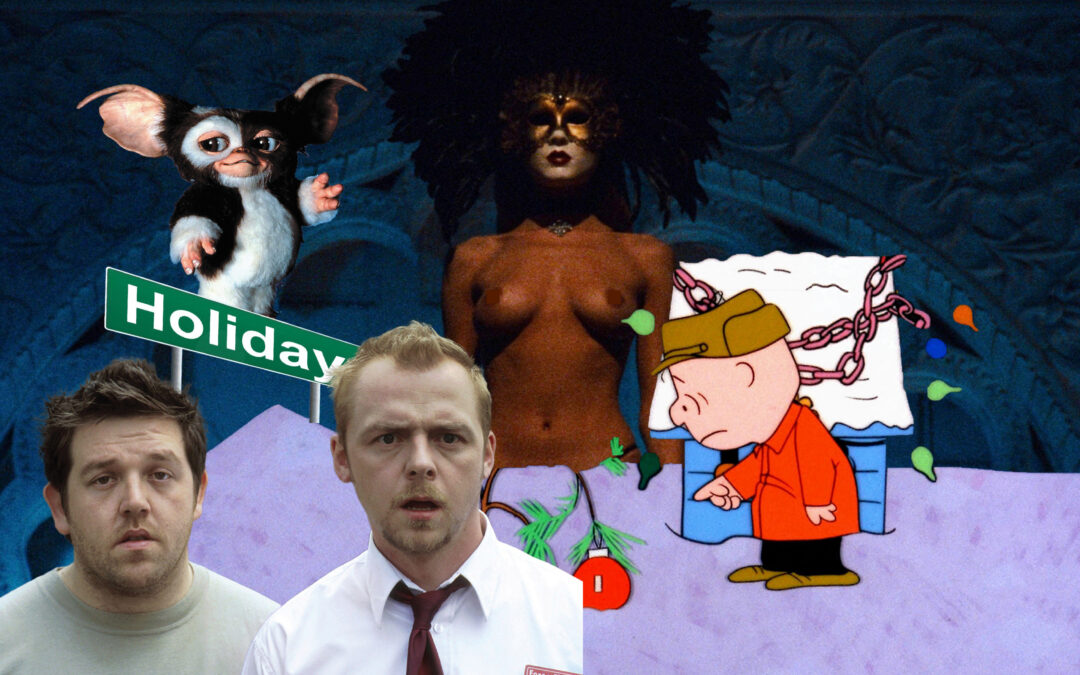At face value, technology and all of its mediated interfaces bring us closer. When we’re online, distance is reduced and connection is possible via pixels and platforms ad infinitum. In an information age, romance is marketably attainable so long as you’re willing to pick your preferences, create a profile and chat with semi-strangers. And if that doesn’t work, you still have the option of an AI boyfriend (Spike Jonze tried to warn us, but we thought it was fiction). We’ve managed to automate intimacy, to a degree where it sometimes doesn’t feel very intimate at all. For a chronically online culture, where the private is increasingly public, so many of the essential elements of romance have faded away, only to be replaced with coded texts, story surveillance and performativity. If you’re in search of love, you have to ask yourself whether all the profiling, DMing and swiping can genuinely accommodate and sustain a partnership that supersedes the liminal, digital realm.
Personally, I’d like to believe that love can and does exist online. I myself have found flesh-and-blood sweethearts on Bumble, connected with community on Instagram, and maintained friendships via WhatsApp group chats. But these processes are not without flaws. Before you find ‘The One’ (Pty Ltd.), you’re likely to experience plenty of awkward, borderline creepy encounters. And even still, once you find someone you actually enjoy being around, there will be work. In an attention economy, where we’re always competing for time to be it all and achieve it all, relationships can feel like projects, something else to schedule into your Google Calendar. Even beyond the dating apps, we have to interface our relationships through a screen, texting and calling frequently. On top of that, we’re expected to externally profile our relationship to the world — because God forbid you let the simps think you’re single. Routinely, whether you’re seeing someone or not, navigating love online will leave you wondering whether romance is dead.
Imagery courtesy of Death to Stock
Imagery courtesy of Death to Stock
Byung-Chul Han, author of The Agony of Eros, would probably argue that it is. In his 2012 essay, Han contends that modern love has been formulated entirely around the self, and is increasingly commodified and shaped as a channel for self-gratification. This approach to love, which focuses on the positive and easy, is theorised as a byproduct of living in a capitalist, achievement society. In a context where identity and freedom are closely associated with work, entrepreneurship, achievement and ability, love becomes yet another area of labour, something to maximise and routinise until it’s easy to please and quick to compliment. This is far different from the ecstatic pain and sacrifice associated with the lost love of Shakespearean times. Today, we tend to prefer what photographs well, affirms us and pleases us. Rather than submitting ourselves to what is unfamiliar or difficult, we prefer to embrace the immediately gratifying. Perhaps that’s why we lean on the dopamine hits of dating apps, pornography and AI lovers — these hedonistic endeavours don’t threaten our yearning for affirmation and control.
To put it plainly, Han thinks we’re narcissists. He’s not the first. To be fair, he’s a bit of a cynic, but he’s not necessarily wrong. Take social media. Dating someone means tearing apart their profiles and assessing your mutuals in routine background checks. This mandatory vetting protocol keeps you safe, but regardless it’s scary how easily we can approve or reject someone based on their avatars. If the digital profiles we fashion are mere mirrors, reflections of only the most publicly pleasing parts of ourselves, then depending on them as channels for love will likely lead to superficiality. A profile can’t reflect your interior world, all of its contradictions and transgressions. Yet, it will probably impact who we fall in love with, and how we frame that love. It can be the determining factor of a first date, the thing that blows up the group chat or the source material for idealised daydreams. It’s like our partners have become paid actors in the narratives we craft about Who We Are, produced purely for public consumption.
Imagery courtesy of Pexels
Imagery courtesy of Death to Stock
Is this all just another example of how humanity’s intersection with technology hollows out our capacity to genuinely connect? Have we turned love — once founded on mystery, wonder and selflessness — into something akin to career recruitment? If the answer is yes, it’s no wonder why so many of us struggle to make it past the dreaded situationship, even though most Gen Z’s crave monogamy. Evidently, so many of our interactions are founded on a compulsion to stroke our own egos — and what does that better than a weekend-long hang with someone who fits your preferred height requirements? And to complicate things further, the automated engagement markets that shape our echo chambers only bring us closer to ourselves. No wonder we’re shocked when we meet someone who disagrees, or listens to different music. Han would argue that this is just another side effect of a society of ‘sameness’ and self-preservation. He says, “All negativity, all negative feeling, is avoided. Passion and pain are giving way to pleasant feelings and inconsequential arousal. In the age of the “quickie,” the casual encounter, and sex as stress-relief, sexuality is losing all negativity, too. The wholesale absence of negativity is degrading love into an object of consumption, a matter of hedonistic calculation.”
So, final question: can love — literary love, true love, ‘Eros’ — exist in an information society obsessed with individuality, performance and achievement? To be honest, I don’t really know. Love, after all, is entirely subjective, and resistant to intellectualisations. But the answer, I think, depends on your willingness to reconceptualise love itself. If you can accept that, within love, there is a critical need to disagree, to sacrifice pride and remove pretence, then there may be a real chance. But if appearances, performance criteria and immediacy are of higher priority right now, you may be searching for something else. Either way, to save you from becoming the insufferable Carrie, it might be worth assessing whether your idea of romance is based on a need to protect your own ego. Tough ask, for sure. But if the myths are true, beyond ego death lies something worth signing off for.
Written by: Drew Haller
For more news, visit the Connect Everything Collective homepage www.ceconline.co.za


